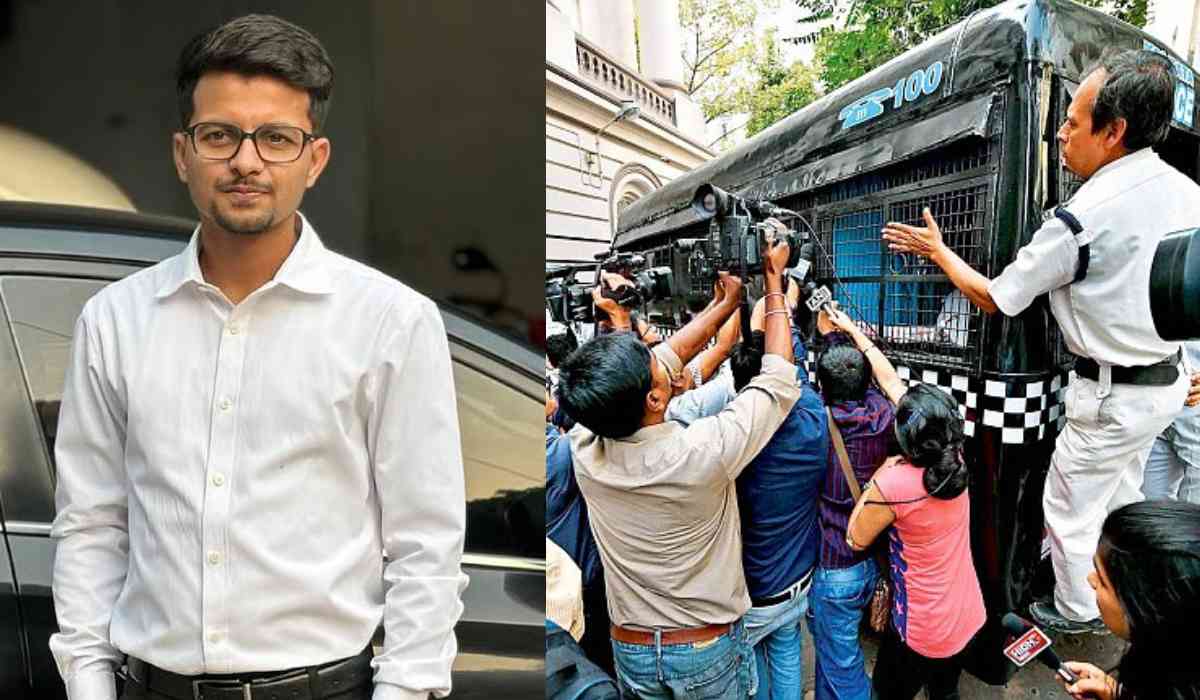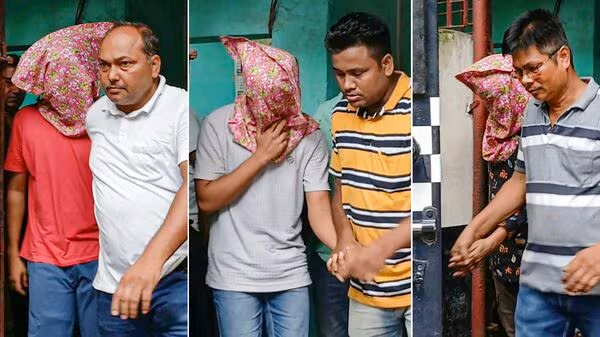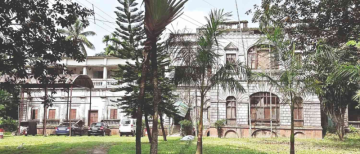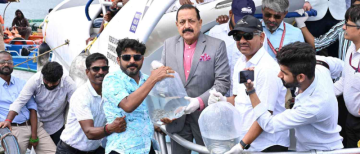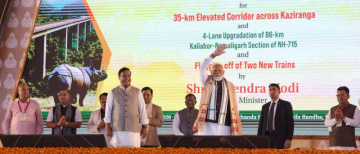A wave of frightening revelations continues unfolding in the ongoing case against Monojit Mishra, popularly known on his law-college campus as “Mango.” He is the principal accused in the alleged gang rape of a 24-year-old law student, which reportedly took place on June 25 within the premises of a college in South Kolkata. The case has drawn national attention, with new testimonies and evidence surfacing almost daily. Here's a complete, neutral breakdown of the case so far:
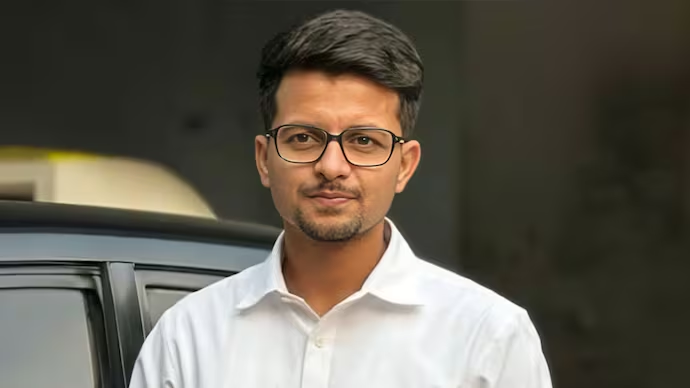
Investigation and Allegations
-
The Kolkata Police, working with a Special Investigation Team (SIT), is interviewing 17 students and has collected 42 CCTV recordings to reconstruct the sequence of events—responses the accused claim were consensual.
-
The victim's detailed complaint states that she suffered a panic attack on campus. Allegedly, Mishra asked an aide to bring her an inhaler, after which she tried to flee—but found the gate locked. She was then dragged back into a union room and raped, as two other men allegedly filmed the act.
-
Forensic teams have recovered explicit videos and manipulated images from Mishra’s phone. The footage reportedly shows the victim’s face and body, suggesting it was used to threaten and blackmail her.
A Pattern of Harassment
-
Classmates describe Mishra as having long exhibited psychopathic or predatory behavior. He is said to have used the same manipulative Bengali phrase,
“Tui amay biye korbi?” (“Will you marry me?”), repeatedly when approaching women—raising concerns about a deeper psychological pattern.
-
Numerous past FIRs and complaints—spanning allegations of molestation, assault, extortion, and public indecency—were reportedly filed against him over the years in various southern Kolkata police stations. Yet, little or no follow-up action was taken.
-
There are reports that he exploited his political connections—having once been a leader in the Trinamool Congress student wing—to dominate admission processes, collect money (₹50,000 up to several lakhs per student), and bolster his campus influence.
Institutional Failures
-
The college administration faces sharp criticism for allowing a man with a history of serious misconduct to stay on campus. Even after graduating, Mishra reportedly continued to exert control and was employed as contractual staff—suggesting institutional complacency or complicity.
-
Former students and junior students have accused the college of ignoring repeated harassment complaints. One junior admitted:
“Authorities knew everything but protected him.”
Broader Implications
-
Sharon from the West Bengal Commission for Women emphasized the need for systemic change in how educational institutions respond to harassment—highlighting this case as part of a larger pattern of “campus safety failures.”
-
Students, parents, and civic groups are calling for transparent campus governance, better student representation, and strong accountability. Many argue that this disturbing incident reflects endemic problems where powerful individuals shielded by politics and money compromise the welfare of others.
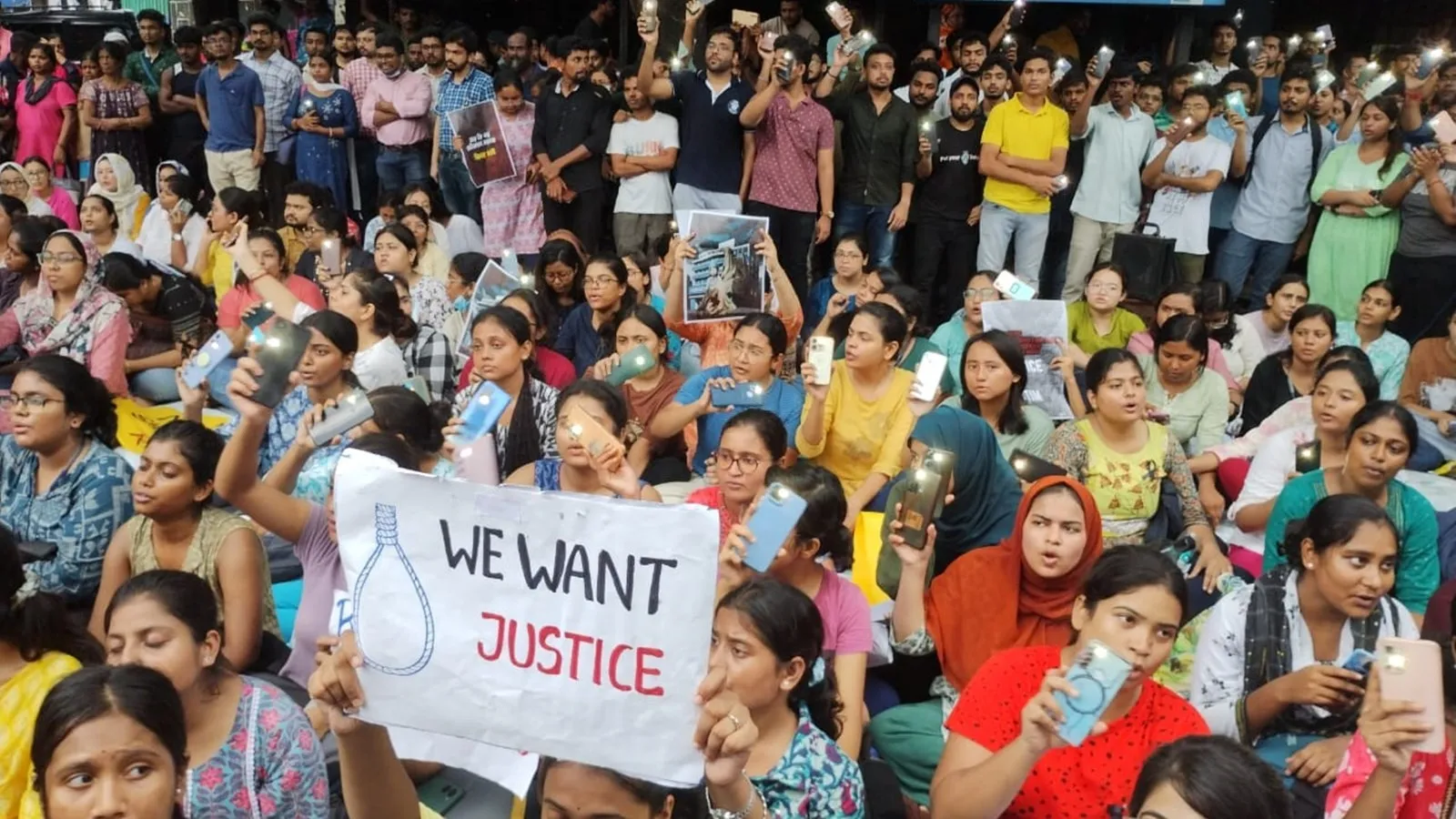
The Legal and Political Dimensions
-
Mishra and two other accused—Zaib Ahmed and Pramit Mukherjee—remain in police custody. Their hearings continue.
-
Politically, the case has triggered heated debates. Critics accuse the Trinamool Congress of enjoying political protection. The Opposition has demanded resignations and faster justice, while supporters point to swift police action as a sign of seriousness.
Final Thoughts
The case against Monojit Mishra is more than an isolated incident. It exposes issues around campus safety, political influence, and institutional responsibility. The shocking testimonies—from filming to manipulation—have sent ripples across India's academic and political landscape. As the legal process continues, this case is likely to shape future discourse on student protection and educational governance.
With inputs from agencies
Image Source: Multiple agencies
© Copyright 2025. All Rights Reserved Powered by Vygr Media.

